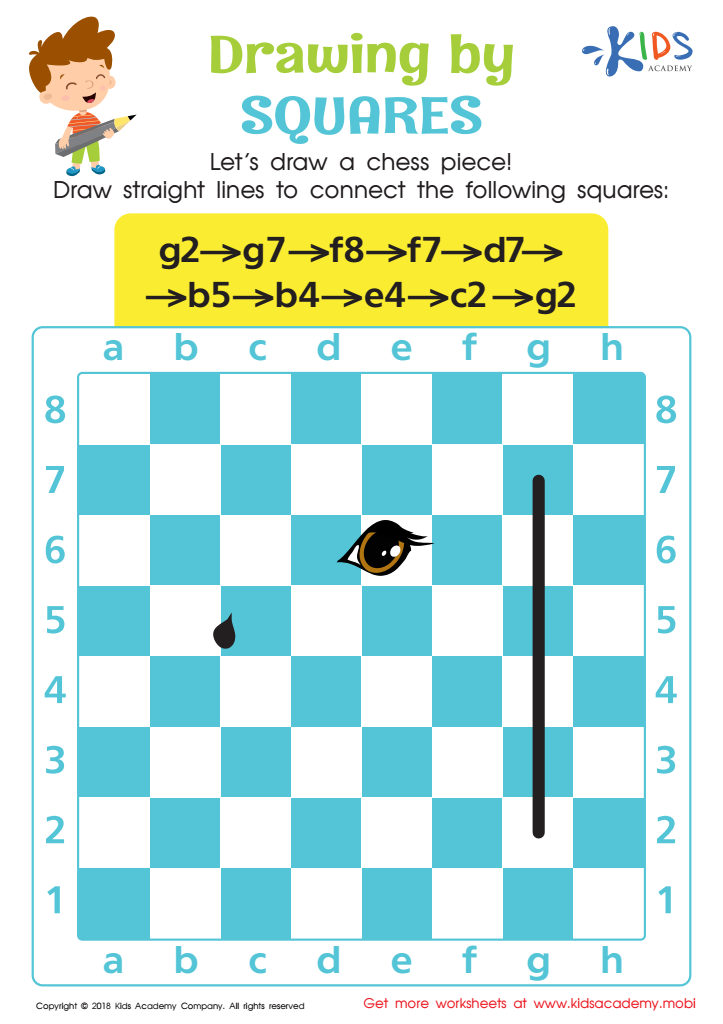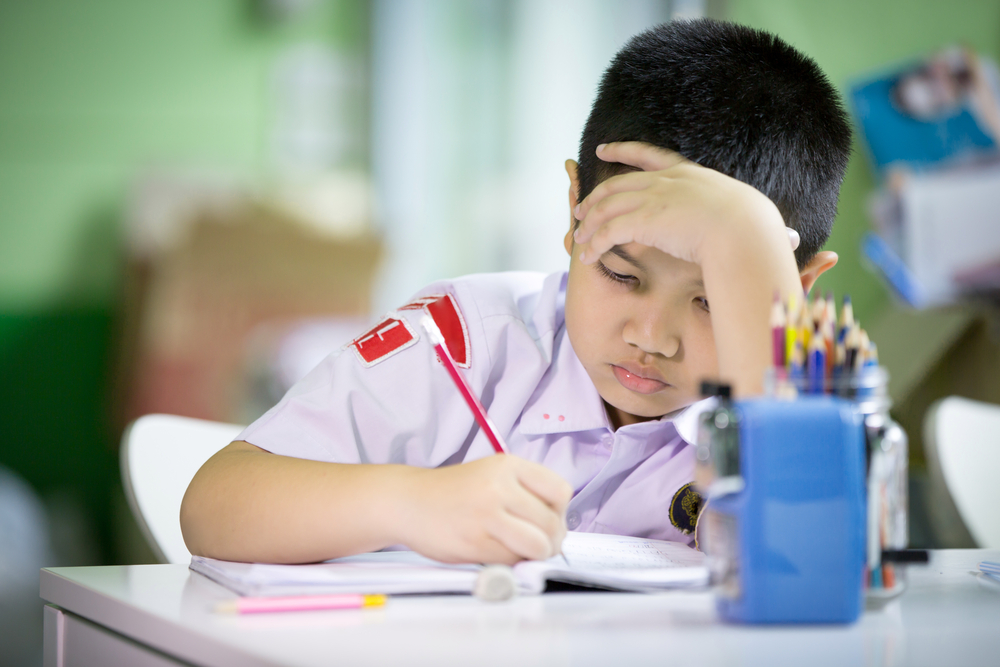Cultivates attention to detail Worksheets for Kids
1 filtered results
-
From - To


Drawing by Squares Worksheet
Question/Answer
What are some effective activities to train students’ Cultivates attention to detail skill when teaching them about Chess?
Effective activities to train students in cultivating attention to detail in chess include puzzle solving to identify the best moves, analyzing grandmaster games to understand strategic decisions, practicing opening principles to recognize patterns, and playing timed games to improve quick decision-making while paying attention to details.
How to train the Cultivates attention to detail skill in Grade 1 students learning about Chess?
To train Grade 1 students in cultivating attention to detail for chess, use simple, engaging exercises such as finding differences between two similar chess positions, identifying illegal moves in given scenarios, and playing mini-games focused on one type of piece at a time. Incorporate storytelling with chess pieces to enhance their understanding and attentiveness to the game's details.
What does the Cultivates attention to detail skill mean when it comes to Grade 1 Chess learning?
Cultivating attention to detail in Grade 1 Chess learning involves teaching children to observe and consider all pieces on the board, the potential moves available, and the implications of each action. It encourages meticulous thinking, helping them to recognize patterns, anticipate opponents' moves, and strategize accordingly, thereby enhancing their overall chess-playing ability and critical thinking skills.
 Assign to the classroom
Assign to the classroom












